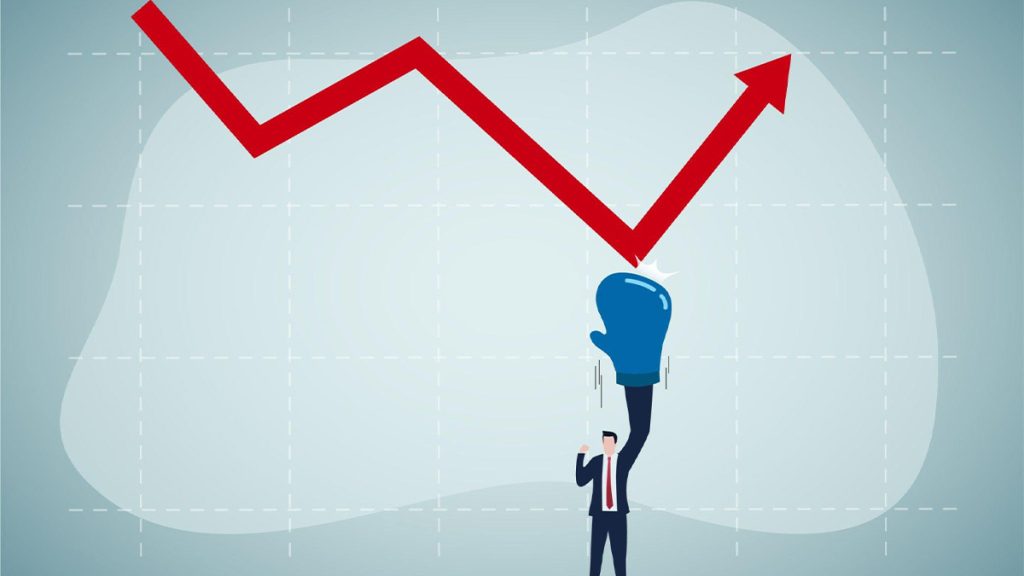In the fast-paced and highly competitive business landscape, procurement plays a crucial role in ensuring the availability of goods and services while managing costs and supplier relationships. To meet these challenges head-on, forward-thinking organizations are turning to Enterprise Resource Planning (ERP) systems. This article delves into the importance of leveraging ERP systems in procurement and explores how their implementation can transform procurement processes, optimize supply chain management, and drive strategic decision-making.
Streamlined Procurement Processes:
ERP systems streamline procurement processes by centralizing and automating various activities, including supplier selection, purchase requisitions, purchase orders, and contract management. By eliminating manual tasks and reducing paperwork, ERP systems improve process efficiency, reduce cycle times, and minimize errors. This streamlining enables
procurement teams to focus on strategic activities such as supplier relationship management and value-added negotiations.
Enhanced Supplier Collaboration:
Successful procurement relies on strong supplier relationships. ERP systems facilitate supplier collaboration by providing a centralized platform for communication, document sharing, and performance monitoring. These systems enable real-time collaboration, allowing suppliers to update order statuses, share product information, and respond to inquiries. By fostering transparent and efficient communication, ERP systems strengthen supplier partnerships, improve supplier performance, and mitigate supply chain disruptions.
Strategic Sourcing and Vendor Management:
ERP systems empower organizations to implement strategic sourcing practices by consolidating supplier information, managing supplier evaluations, and facilitating strategic decision-making. These systems enable businesses to evaluate supplier performance based on key metrics, negotiate favorable contracts, and identify opportunities for cost savings. With ERP systems, organizations can make informed decisions regarding supplier selection, pricing, and contract terms, leading to optimized vendor management and improved procurement outcomes.
Real-time Data Visibility:
ERP systems provide real-time visibility into procurement data, enabling accurate tracking and monitoring of procurement activities. These systems capture and consolidate data from multiple sources, including purchase orders, invoices, and inventory levels. With real-time data visibility, organizations gain insights into spend patterns, inventory levels, and supplier performance. This data-driven approach helps identify trends, mitigate risks, and make informed decisions to optimize procurement strategies and drive operational efficiency.
Efficient Inventory Management:
Effective inventory management is critical to avoid stockouts, reduce carrying costs, and improve order fulfillment. ERP systems facilitate efficient inventory management by automating inventory tracking, generating reorder alerts, and optimizing inventory levels based on demand forecasts. These systems enable organizations to monitor stock levels, track inventory turnover, and streamline inventory replenishment processes. By optimizing inventory management, ERP systems enhance supply chain efficiency, reduce inventory holding costs, and ensure timely availability of goods and services.
Data Analytics and Reporting:
ERP systems offer powerful analytics and reporting capabilities that enable procurement professionals to gain valuable insights from procurement data. These systems generate customizable reports, dashboards, and visualizations that provide a comprehensive view of procurement performance, spend analysis, and supplier metrics. By leveraging data analytics, organizations can identify cost-saving opportunities, monitor key performance indicators, and drive continuous improvement in procurement processes.
Conclusion:
The integration of ERP systems in procurement has become a game-changer for organizations, revolutionizing procurement processes, optimizing supply chain management, and driving strategic decision-making. With streamlined procurement processes, enhanced supplier collaboration, real-time data visibility, efficient inventory management, and data analytics capabilities, ERP systems empower organizations to achieve procurement excellence. By leveraging ERP systems, organizations can enhance operational efficiency, improve supplier relationships, mitigate risks, and drive sustainable cost savings. Embracing ERP systems in procurement is essential for organizations aiming to gain a competitive advantage, strengthen their supply chain, and unlock the full potential of procurement in today’s dynamic business environment.
